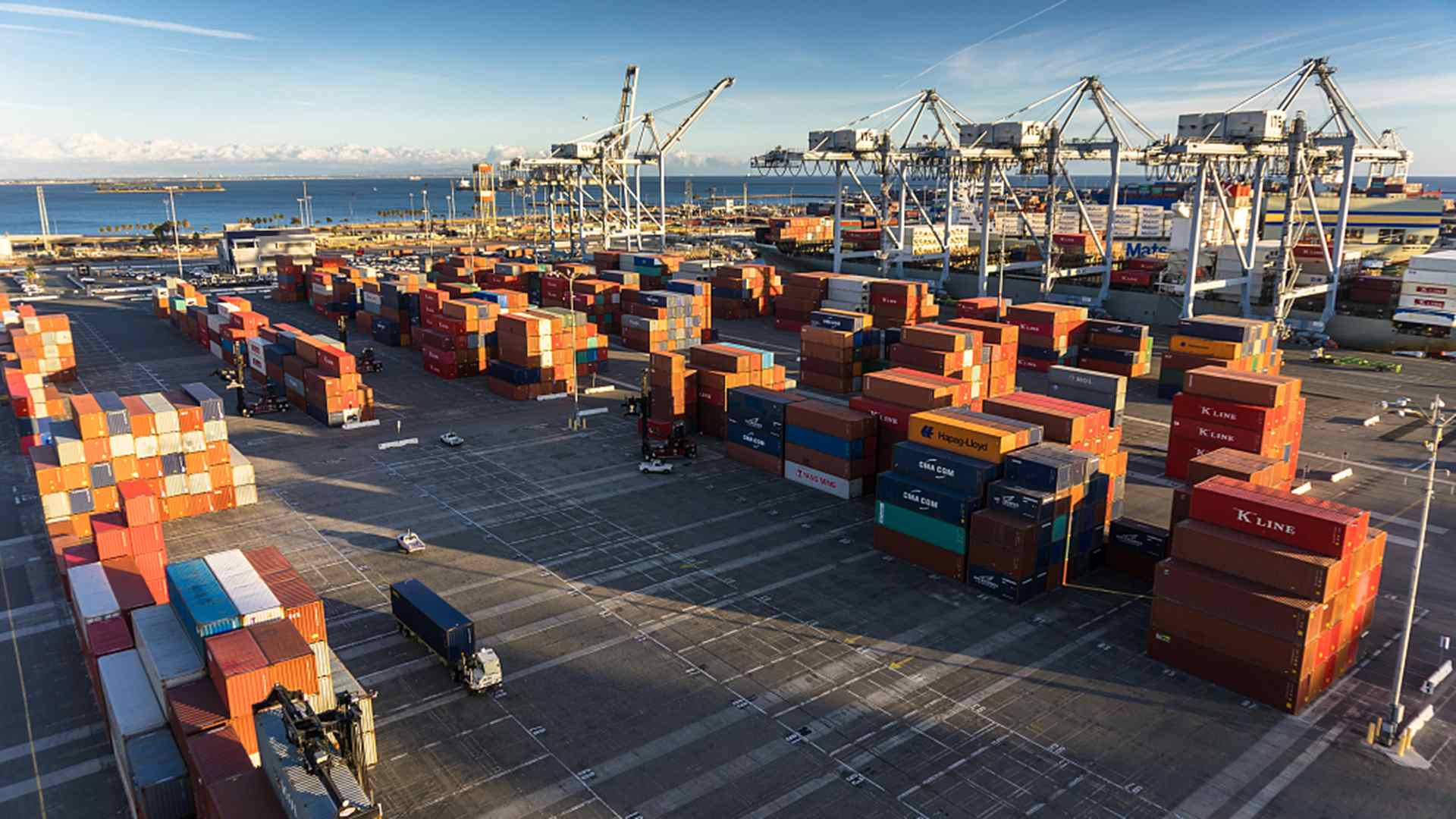
Economy
18:32, 15-May-2019
American economists, firms oppose additional U.S. tariffs
CGTN Global Business and Wang Guan
03:00

Many American economists and company owners have said that additional tariffs on Chinese imports will have a significantly negative effect on the U.S. economy.
A report from the Oxford Economic Center showed that imposing additional tariffs and expanding the trade friction with China would cause a 0.3-percentage-point drop in the U.S. GDP. The report also warned that the trade tension would lead to a loss of 900,000 jobs, while on average every American household would pay an additional 700 U.S. dollars in bills.
The "Tariffs Hurt the Heartland" trade organization claimed that the damage to the U.S. economy has so far totaled 26 billion U.S. dollars since the trade friction began.
Businesses in America are suffering pains directly. A whiskey manufacturer, Tom Lix, in Cleveland, Ohio, said that the additional tariffs have “put a damper on business considerably” with around 15 to 20 percent of revenue being cut off.
“Right now we're struggling with whether we can pass some costs onto our consumers. And I don't think we can. I think our margins are going to shrink, that reduces our profitability. It's going to make a little harder for us to raise money for future funding rounds,” Lix addressed.
“I think we have yet to see the full implications of what the tariffs will be,” he was concerned, adding that company's whole year's plan, such as investment, equipment purchase and recruitment, has been put on hold.

Barrels in a U.S. brewery /VCG Photo
Barrels in a U.S. brewery /VCG Photo
The U.S. imposition of additional tariffs on Chinese goods is threatening and intimidating against China. American students are taught a mathematics model that shows that imposing tariffs would damage both sides.
Moreover, many economists have been warning that the action not only violates the common sense of economics but also renounces the free trade rules that the U.S. has asked other countries to obey.
“Tariffs and trade wars are so bad for the U.S. economy. The U.S. is a rich country precisely because it has such low tariffs. It takes in lots of the world's plenty and its trade with the rest of the world basically allows people to specialize. So bad for the economy and it's naturally going to be a crack in the Republican Party that's historically been focused on economic growth,” said John Tamny, director of Center for Economic Freedom at Freedom Works.
The International Monetary Fund and the World Bank have called the expanding trade frictions the biggest uncertainties for the global economy. They are urging all countries to pursue multilateralism and keep the current trade system.
Meanwhile, Goldman Sachs Asset Management remains optimistic about a deal between China and the U.S. and has reinstated its long position on Chinese A-shares. The Netherlands's largest asset management firm, Robeco, also is hopeful about an agreement and waiting for a less volatile market to buy-in at lower prices.

SITEMAP
Copyright © 2018 CGTN. Beijing ICP prepared NO.16065310-3
Copyright © 2018 CGTN. Beijing ICP prepared NO.16065310-3